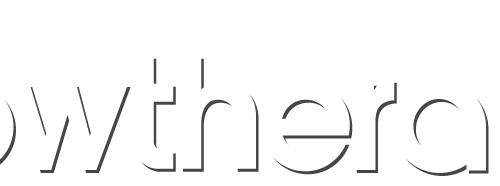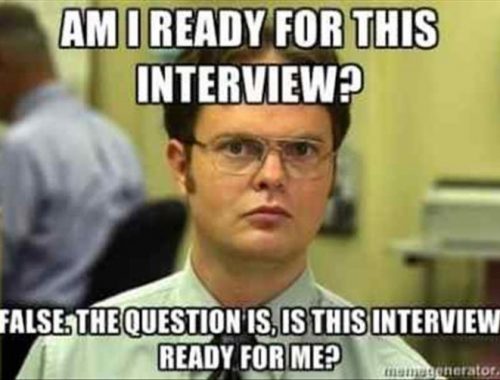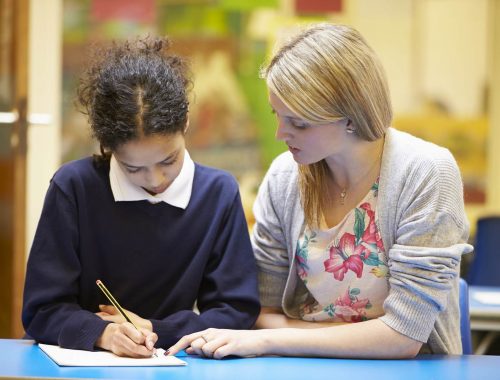“In Theory”: Not in Practice.
Please use the buttons below to navigate between sections:
Introduction
Going into my placement I had a keen interest in understanding the inner workings of a small production company with the hopes of one day creating my own. After undertaking a creative enterprise model last year and reading Running a Creative Company in the Digital Age by Lucy Baxter along with The lean startup : how constant innovation creates radically successful businesses by Eric Rise I felt prepared theory-wise and now required real experience in order to start putting my knowledge to practice. Working for a small production company like NightStaff has allowed me to experience this first hand. I was aware that only one in three small businesses last for more than 10 years therefore, not only was it an honour to help a small business but also to use this experience as significant insight into what I may have to go through (Andrews, 2023).
For this post I will be using Boud et al’s model of reflection. I will be splitting my post up into the three elements of What? So What? Now What? as to provide a means of breaking down and examining complex experiences. I chose this model as it clearly emphasises that reflection is ongoing and involves revisiting previous experiences and reflecting on new ones, building on previous learning, and continually developing new insights and perspectives hence why it would be perfect for reflecting on a challenge I experienced during my work placement.

“Reflection is not a linear process; rather, it is a cyclical process”
Boud, et al. 2013, 48
Experience: What?
My responsibilities at NightStaff have been as follows:
- Research upcoming projects
- Creating drafts of funding applications
- Help on-set as a Runner/AD
- Give feedback on edits
The challenge of this experience comes when I realised my opinions and actions in this team actually mattered. In my mind this translated to, “if I give the wrong opinion or make the wrong decision this could significantly impact the company”. Evidently, I had spiralled to this conclusion. However, I needed to overcome it in order to prepare myself for one day potentially being responsible for the working lives of others and not getting caught up in this pressure. I will be using my role as a Runner/AD on set as an example of this.
As a runner on set I expected what the blogs and YouTube videos of young creatives had told me; I’ll get getting coffee, doing what I’m told, and carrying out the tasks nobody else wanted to do. A blog I read to prepare myself for this role is a great example:
How To Be a Runner on a Film Set – Complete Guide — Amy Clarke Films
I got to set at 8am. I had spent the night before researching the company we were shooting the commercial for: PolyLoop. I had gone over what to bring to set; a notebook, a pen, a clipboard, some comfortable footwear and warm clothing (we were filming in a small warehouse that was going to be quite cold as I was told). When I got there we unloaded the van of all the equipment and got to work organising the space ready for shooting. This was all expected. It was only once we started shooting I understood my role in this team. I was keeping notes of which shots contained what action/props. This was my main job. My surprise came when I was asked for opinions on shots and different props and character movements.
This was when I started to feel the pressure. I felt my role had impact. I was swimming deeper in the pool than I originally thought. This isn’t to say I didn’t enjoy the experience, in fact, I felt the exact opposite; I was grateful. This nevertheless took me a while to get used to. My anxiety took control at first. Thoughts of “what if my ideas aren’t good enough?”, “what if I sound stupid?”. I was hesitant to give my take on things and I think the rest of the crew understood this and wanted to create a safe environment in order for me to get over it as they encouraged me and asked more questions.
Reflection: So What?
This section will cover:
- using positive feelings
- removing obstructive feelings
- re-evaluating experience
I should have had a stern talking to myself. I needed to rid myself of these anxious thoughts and turn them to a positive light; “people want to hear my ideas”, “if someone doesn’t agree they will let me know and that’s okay”, “there’s no pressure to be perfect everyone knows I have never done this before”. I needed to take more initiative, actively add to conversations, and feel more confident in my creative abilities.
The positive feelings I can take away from this consists of the fact that towards the end of the day I was able to get myself out of my head. I was able to change my perspective in a short amount of time and gain some confidence. I asked more questions and gave more ideas in terms of what looked good in the shots, which prop should go where, and if I thought we needed another take.
This was a great example of removing the obstructive feelings. My anxiety surrounding the pressure of my responsibly and saying the right things had washed away a little. From re-evaluating this experience, I think this was a necessary step. Nobody is perfect at first, it sometimes takes a while to get used to people and environments. I understand this is very natural. I now believe I would act differently on set next time because of this experience.
Outcomes: Now What?
This section will cover:
- new perspectives
- change in behaviour
- readiness for application
- commitment to action
I can now see that my previous roles as director on my short films throughout university count as valid experience on set. I had already used skills of effective communication, expressing my opinion, and being responsible for a team. This experience was simply just on a bigger scale. I can use this knowledge for next time in order to gain confidence quicker.
I believe this experience could have easily gone in a different direction. Rather than quietly yet productively giving platform to my ideas, I could have been too big-headed and overstated my opinion in a room full of actual professionals. This would have been worse as I would not have had the self-awareness to change at the time. When this experience comes around again I am glad that I can now find a balance in confidently stating my opinions and not feeling too pressurised, yet, understanding I have a lot to learn from those around me so listening is just as important.
Next time I am on set I will be more confident. I will try to be fully present and less in my head. I will be more confident in my abilities and I will allow the pressure to motivate me instead of scare me.
You May Also Like

Working with a Production House
30 November 2022
“Fake it ‘til you make it!”: Finding Success in a Simulated Interview
22 February 2023
